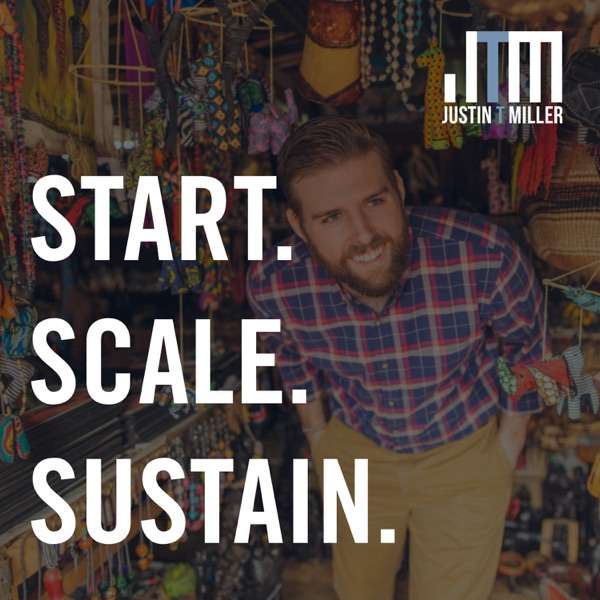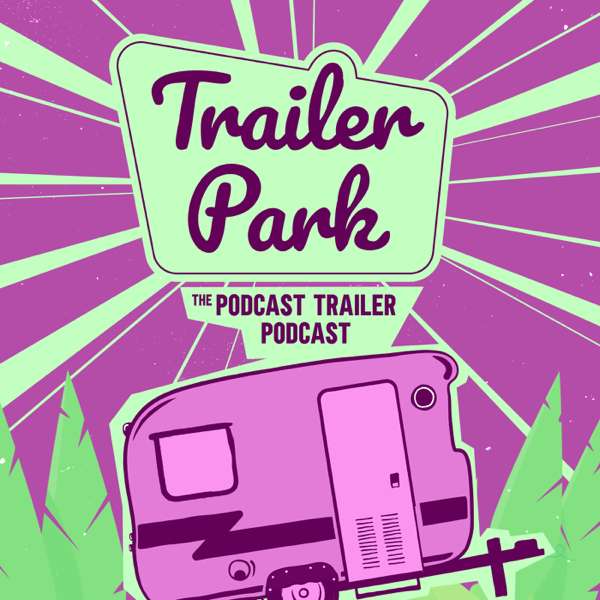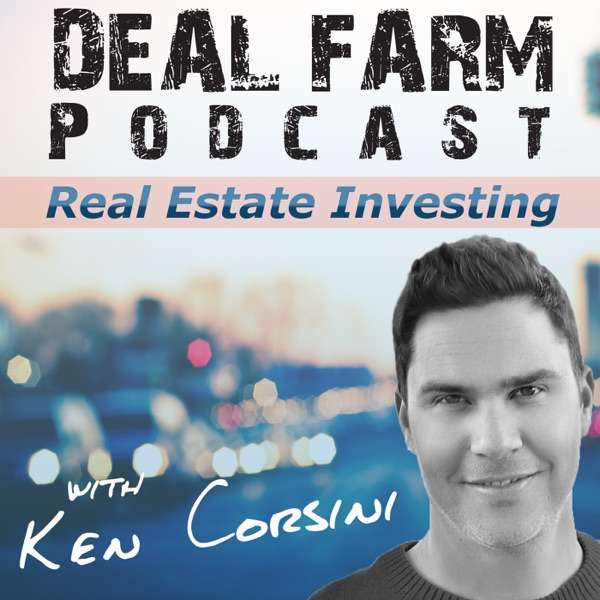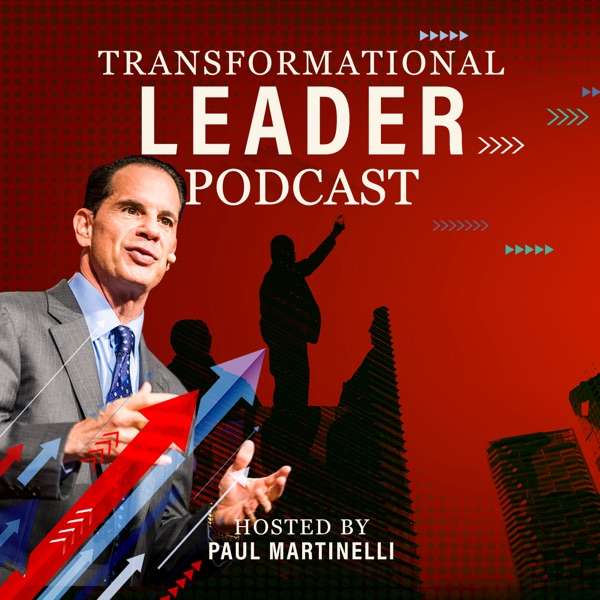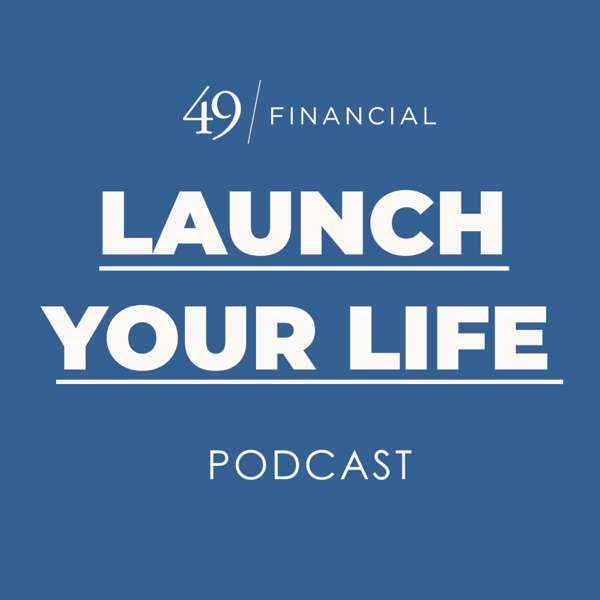The reason this podcast is called All Selling Aside is that it's not about selling. Instead, it's about building rapport and relationships. If you hate to sell, keep listening, because I'll teach you painless methods to attract and convert more premium clients and win the game of sales conversion. Whether you're a coach, consultant, or other service professional who wants more premium clients but doesn't enjoy the selling process, this is the podcast for you.
In this first episode, you'll learn three key insights that are critical to making you a highly skilled ethical influencer. You'll learn the greatest sales lesson I ever learned -- from a park bench in Los Angeles! I'll share the time-tested sales strategy I stumbled upon in the QVC green room, and you'll learn how Socratic selling stops embarrassing sales encounters.
In 1989, I found myself sitting devastated on a park bench in MacArthur Park, Los Angeles. 18 months before, I had started a brand new frozen yogurt shop and bakery. That day, I had watched an auctioneer sell my equipment for cents on the dollar. On my way home, I stopped in MacArthur Park and sat on that fateful bench where, to my surprise, I learned everything I needed to know about selling, persuasion, marketing, and influencing others.
While sitting on that bench, I saw an old woman buy birdseed and walk toward the pigeons holding it in the palm of her hand. What do you think the pigeons did? They walked away! They didn't walk toward her until she started walking away from them. She repeated this dance, and I noticed the pigeons got closer and closer every time. Finally, she knelt, and a pigeon plucked birdseed from the palm of her hand. Soon, there were pigeons everywhere, eating what she was offering.
Next, a young boy wanted to achieve the same results as the woman had. He bought birdseed, held it in his hand, and ran at the pigeons. Of course, they flew away. He threw the birdseed at them in frustration, and left.
This is exactly how sales works. For the old woman, making the first "sale" was the hardest. After that, the second, third, fifth, and twentieth pigeons were easy! The dance, too, is important; you need to establish trust first. This is where the young boy failed.
A few years later, I was I was working for Guthy-Renker in the infomercial and direct sales spot TV business. I had a theory that if something worked on television, it might sell even better on one of the home shopping networks like QVC, so I flew to QVC and made a presentation for a VHS video by Ray Stevens. QVC accepted the offer of putting him on the station.
During that QVC presentation, the product sold out. More importantly, I was able to use the experience to glean valuable information on why we weren't having any luck making sales in big cities on the coasts. You can do the same thing online, and increase sales while saving yourself embarrassment. If you find that saying a certain thing leads to sales, keep saying that thing.
Here's a quick recap of the three main points we covered in this first episode:
- The first sale takes the most effort, so work the hardest for this sale.
- The second sale is faster and easier, because you have a relationship.
- The Socratic method of discovery and asking questions is a key to making sales.
In This Episode:
[01:05] - Alex welcomes listeners to the podcast and explains who will benefit from tuning in. (Hint: if you want to influence others, make more sales, hate to sell, and/or want to attract more premium clients, this is for you!)
[01:38] - Ethical influence is central to our discussions, Alex explains, and addresses some of the other topics that will be explored.
[02:51] - Alex shares a story about an event in the summer of 1989. He talks about an old woman who lured pigeons to her hand with birdseed.
[06:55] - After the old woman lured in the pigeons, a young boy wanted to achieve the same outcome. Alex explains what happened, and why this second attempt was nowhere near as successful as the first.
[08:24] - Alex didn't realize the lesson at the time when he was $242,000 in debt in 1989. It wasn't until a decade later that he learned the lesson that the woman and pigeons had inadvertently taught him.
[09:39] - In 1992, Alex was back on his feet and doing well in another business. He shares the story of the next steps of his career and learning process.
[12:37] - Alex describes what he did after he made a successful presentation to QVC for Ray Stevens. He explains how he figured out which things that Ray said made the most difference in terms of making actual sales.
[14:23] - They hadn't had any luck selling Ray's video in the big cities or on the coasts; it only sold in the South. Alex used the information he figured out from the QVC experience to tweak a commercial, and started selling in the big cities.
[16:09] - You can do the exact same thing on the internet, Alex points out. This is how Socratic selling works!
[16:32] - We learn about one of Alex's Alexisms in his book Alexisms: "the only thing worse than going in the wrong direction is going in the wrong direction enthusiastically." He explains how this relates to selling, and reveals what he asks when he starts with a sales team.
[17:51] - Alex explains the reason that this podcast is called All Selling Aside.
[18:18] - Alex offers a quick review of the specific insights he has revealed in this episode.
[19:27] - Please go to this link and write a review with your biggest takeaway or "ah hah!" moment from this episode.
[20:30] - Alex has one final gift for listeners: a complimentary copy of his book Alexisms. Tune into the episode to learn how to get your free copy!
[21:29] - Alex wraps things up with a special thanks to his friend Michael Lovitch of the Baby Bathwater Institute.
[22:10] - Don't forget to tune in next week for an episode explaining why seeding is the new selling!
Links and Resources:

 Our TOPPODCAST Picks
Our TOPPODCAST Picks  Stay Connected
Stay Connected


